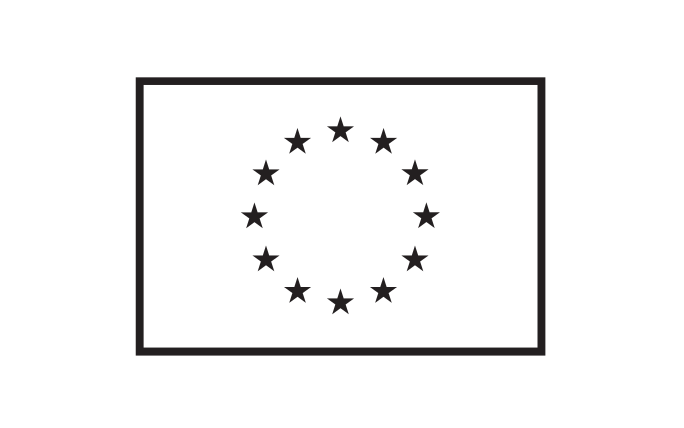Opportunistic infections are defined as infections caused by pathogens primarily affecting immunocompromised subjects. Due to the immunodeficiency, they are difficult to treat and together the top 2 killer worldwide. Opportunistic pathogens comprise bacteria, viruses, fungi and parasites.
Complement as a chief conductor of innate immunity plays a crucial role in immune defence against opportunistic pathogens. Research in this field is exploding, but also suffers from poorly coordinated intersectoral training of early stage researchers (ESRs).
CORVOS, for COmplement Regulation and Variations in Opportunistic infectionS will train 15 widely recruited and highly motivated ESRs. They will fill the current scientific gap in the understanding of the role of complement in opportunistic infections, and translate this knowledge into clinical practice. ESRs will become creative alumni, all with a jointly awarded "double" PhD of two European universities and equipped with entrepreneurial and clinical skills, making them attractive human resources to academia and industry alike.
CORVOS is an ambitious pan-European initiative of 10 European universities, 5 research institutes/public health bodies, 3 biomedical companies and 2 hospitals that comprises an interdisciplinary doctoral programme including cross-sectoral secondments and training in transferable skills. CORVOS includes 12 internationally renowned multidisciplinary scientists, 8 of them members of the European Complement Network. This established organization will ensure that the high quality and efficient implementation of the CORVOS training programme will sustain after its funding and will be embedded into existing doctoral and research training programmes across Europe.
Ultimately, CORVOS doctoral and research training programme enables intersectoral research together with the transfer and exploitation of knowledge required to develop diagnostic and treatment options to save millions of lives currently lost to opportunistic infections.
The participating universities are:
Medical University of Innsbruck (AT), University of Lübeck (DE), Humanitas University Milano (IT), Lund University (SE), Utrecht University (NL), University of Helsinki (FI), Sorbonne University Paris (FR), University of Copenhagen (DK), University of Oslo (NO), Semmelweis University Budapest (HU)
The participating research institutes/public health bodies are:
Research Center Borstel (DE), Statens Serum Institut (DK), Region H (DK), University Medical Center Utrecht (NL), Institut national de la santé et de la recherche médicale - INSERM (FR)
The participating biomedical companies are:
Hycult Biotech (NL), SVAR Lifesciences (SE), Merck Sharp & Dome - MSD Finland (FI)
The participating hospitals are:
Tirol Kliniken (AT), HUS Helsinki University Hospital (FI)

.jpg)




